Brain Injury Day Treatment Program
An Intensive Outpatient Therapy Service
-
Research shows that helping others is a powerful tool for healing. The Day Treatment Program completes a Community Outreach project to work on problem solving, planning, and organization in the clinic and community. This group prepared and delivered dinner to a family at Fair Haven, a “home away from home” for families undergoing medical treatment in Indianapolis.
-
Members of the Day Treatment Program prepare and deliver dinner to a family at Fair Haven, a “home away from home” for families undergoing medical treatment in Indianapolis.
The Day Treatment Program at Rehabilitation Hospital of Indiana (RHI) is an intensive outpatient therapy service designed for individuals with mild to moderate cognitive and/or behavioral problems in the areas of awareness, cognition, and/or emotional regulation following brain injury. The program consists of individual and group therapies, both of which involve treatments that are supported by research to facilitate the best patient outcomes. Services are provided by brain injury experts in occupational therapy, speech therapy, and neuropsychology. The overall goal of the Day Treatment Program is to increase independence in the home, community, and return to work and/or school.
The program structure includes individual and group therapy 2 days per week and up to 7 hours a day. Each week, all participants will be scheduled for a minimum of one individual Speech Therapy session and one individual Occupational Therapy session in addition to a 2-hour Cognitive Group and 2-hour Life Skills Group. Many participants will also participate in individual Neuropsychology sessions on a weekly basis. Neuropsychology sessions are aimed to improve understanding of the injury, emotional distress after brain injury, and self-monitoring strategies. Patients are coached and guided to help them learn how to interpret physical, cognitive, and emotional challenges, as well as learn strategies to better manage their situation. Other services such as Vision OT and Physical Therapy will also be scheduled as appropriate within the program schedule. Patients who complete the full program participate in 12 weeks of treatment.
Treatment for Brain Injury including but not limited to:
- Traumatic Brain Injury
- Stroke or CVA
- Anoxic/hypoxic Brain Injury
- Tumor
- Aneurysm
- Concussion
- Encephalitis
Why Group Therapy?
Group therapy provides a safe and engaging environment to work through real-life challenges following a brain injury. It gives patients the opportunity to increase their understanding of their brain injury and meet new people who have similar difficulties in everyday life. Specific advantages of group therapy include but are not limited to:
- Sharing common experiences with group members
- Having opportunities to help and benefit others
- Gaining inspiration from other survivors
- Increasing acceptance of challenges from the brain injury
- Learning strategies to deal with everyday challenges related to brain injury
- Improving cognitive and physical endurance and reducing fatigue
Group Therapies
- Cognitive Group is led by Speech Language Pathologists and consists of psychoeducation about primary cognitive functions affected by the injury, as well as teaching specific strategies to help improve those cognitive challenges (Acquisition phase of neurorehabilitation).
- Life Skills Group is led by Occupational Therapists and consists of reviewing and practicing evidence-based strategies taught in Cognitive and Neuropsychology groups to help compensate for challenges acquired by the brain injury. The aim of this group is for members to demonstrate understanding and application of these strategies in the clinic and community (Application and Adaptation phases of neurorehabilitation).
- Neuropsychology Strategy Group is led by a Neuropsychologist and consists of teaching specific higher-level cognitive rehabiliation skills which reinforce and complement strategies taught in Cognitive Group. This group also focuses on stress management and mindfulness strategies, health and behavioral regulation to promote good physical, spiritual, and personal health; as well as helping individuals process emotional responses in a healthy manner.
-
Group members sort and organize donations received for a local food bank through a drive they organized in the Life Skills Group.
-
Day Treatment Program volunteering at Gleaners Food Bank.
-
Participants in the Day Treatment Program deliver and sort clothing after planning and executing a winter coat drive for children.